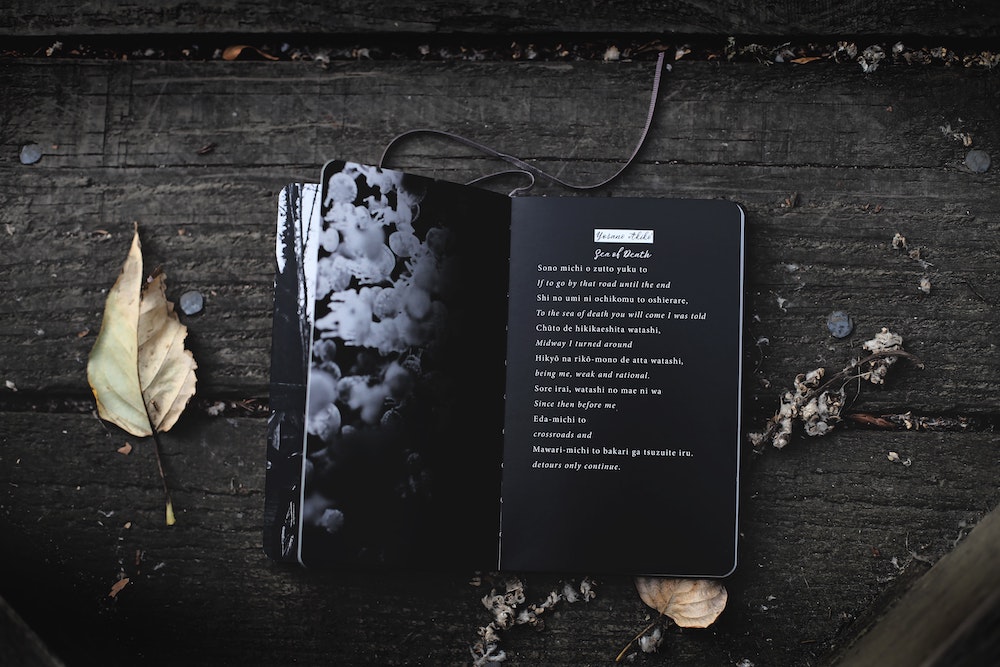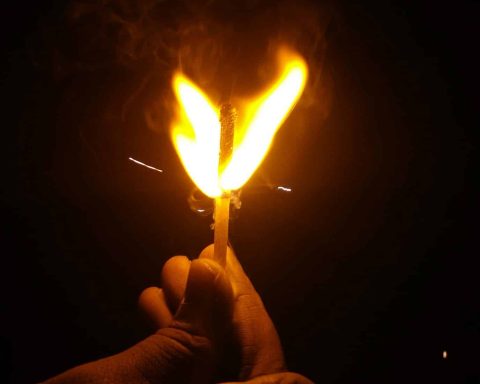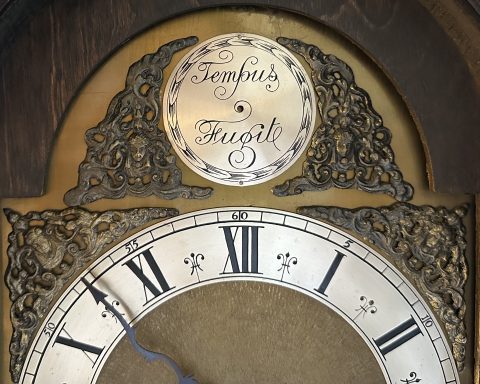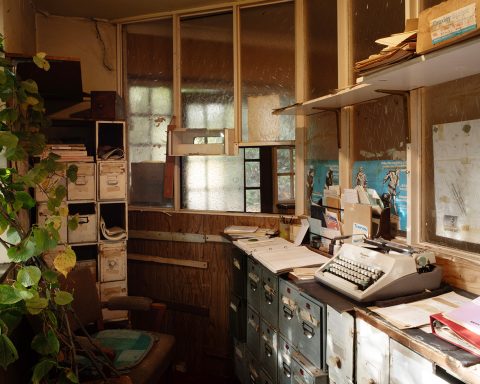Two GPs reflect on the impact poetry has had on their practice and how it fits into their lives.
Is more poetry needed?
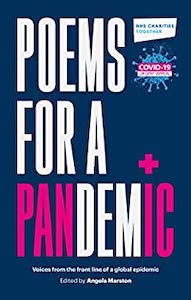 Anupma Parihar is London based GP who has most recently contributed to Poems for a Pandemic°, a HarperCollins charity anthology of poetry that has just been released.
Anupma Parihar is London based GP who has most recently contributed to Poems for a Pandemic°, a HarperCollins charity anthology of poetry that has just been released.
I used to wonder whether a medical career had killed my creative writing skills. Between scrawling down patient notes and the mechanical summons to ‘reflect’ for a career portfolio, my sense of expression felt prematurely and irrevocably dulled. I ironically continued to urge patients to write and journal however, as a way to break through negative thought patterns and evoke strength. I relished reading any personal accounts or realisations from physicians and craved the feeling of solidarity in their words.
My breakthrough occurred unusually whilst on holiday in Wales. A huge black and white sign caught my eye from a parking lot. It was a famous artwork piece° declaring poet Dylan Thomas’ bold words:
“More poetry is needed.”
Instinctively I responded. I wrote; words which I look back on as perhaps ‘amateur’ but they captured me and were to later form my first published poem. I haven’t stopped since then.
There’s something about writing creatively that speaks to our profession. Perhaps it stems from an ancient link — Apollo, the Greek god of healing also governed poetry and the young Keats was a physician by trade. A recent journal article° described healthcare workers as soldiers of duty referencing Arjuna in the ancient poetic text of the Bhagavad Gita. Deep reflection can facilitate the path of our own recovery, allowing us to contribute more. In the words of the great Maya Angelou “as soon as healing takes place, go out and heal someone else”. Whatever the connection, it endures.
They burrow through the clinical, administrative and pharmaceutical to a humane space.
Like the difference between a long clinic letter and a concise handover, poetry distils and directs us towards the salient aspects of our exchanges. Poems can be forgiving in their structure and metre and afford creativity in their presentation. They burrow through the clinical, administrative and pharmaceutical to a humane space where we meet our patients and better understand ourselves. In our clinical lifetimes, I hope many of us will jot down a few lines on life death, stoicism, humour, depression and the many other aspects of existence we encounter.
Creativity to recover balance
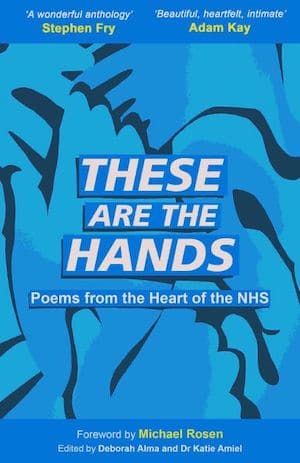 Giles Dawnay is an ST2 GP in Hereford who is a published poet and author of work which can be found at www.gilesdawnay.com. His poem ‘Seasons’ was recently published° in the NHS Poetry Anthology ‘These are the Hands’.°
Giles Dawnay is an ST2 GP in Hereford who is a published poet and author of work which can be found at www.gilesdawnay.com. His poem ‘Seasons’ was recently published° in the NHS Poetry Anthology ‘These are the Hands’.°
I came to medicine having been fortunate enough to do an English Literature degree prior to getting on a pre-med course. As I began to study the world of science it soon became apparent that in many ways the novels of Literature and practice of Medicine were concerned with the same thing: balance. All the great stories address the painful loss and heroic but often crucifying regaining of a healthy equilibrium of the world of their participants (‘Something is rotten in the state of Denmark” — as Hamlet remarks in the beginning scenes of the play ). So much of medicine is built on the idea of trying to bring the body and lives of the patient back into balance. Every new patient who enters our consultation room in many ways feels like the beginning of a great novel that is yet to be written. How will we help them recover their balance, their dignity, the control of their lives?
The art of reflection has sadly been presented as a dry tick box exercise.
The art of reflection has sadly been presented as a dry tick box exercise for many of us, but it is so much more than this. We all experience love, pain, beauty, loss, inspiration, desperation just like every other human being. For me it is in our own private creative practice (and perhaps later shared with others) that we can begin to truly make sense of these things and begin to leverage ourselves away from only understanding ourselves through the lens of an observer. Ultimately if we want to be truly resilient we need to learn to make peace with ourselves, and that will never be possible if our sense of self is only ever constructed by external feedback.
Featured photo by Ksenia Makagonova on Unsplash

